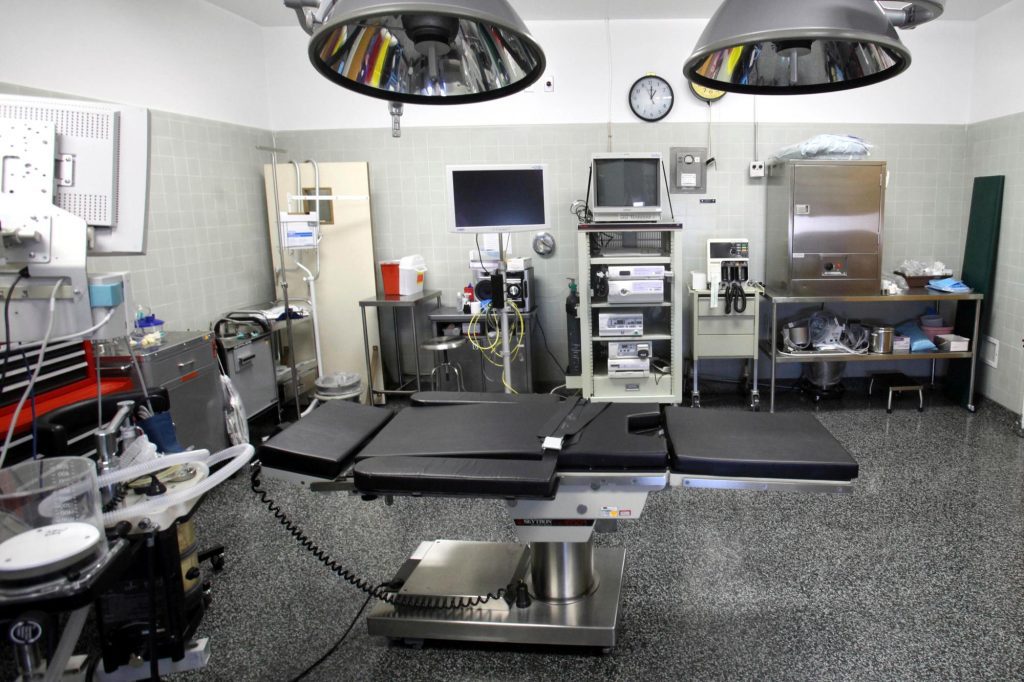By DEVNA BOSE (AP Health Writer)
Hospitals must now get written consent from patients before conducting pelvic and other sensitive area exams, especially if the patient is unconscious, the federal government announced Monday.
The U.S. Department of Health and Human Services released new guidance requiring hospitals to get consent before medical students, nurse practitioners, or physician assistants conduct breast, pelvic, prostate, and rectal exams for educational purposes.
The department issued the guidance to provide clearer details on consent requirements for hospitals. It stipulates consent for tasks related to surgeries, and also addresses the involvement of medical students in exams.
If hospitals fail to get clear consent, they could lose eligibility for Medicare and Medicaid programs, and face fines and investigations for violating patient privacy laws, according to the Office of Civil Rights director Melanie Fontes Rainer.
During anesthesia, doctors and medical students sometimes perform sensitive area exams for training. At least 20 states have laws mandating patient consent for this.
HHS Secretary Xavier Becerra and other health officials criticized the lack of explicit consent for these exams in a letter to teaching hospitals and medical schools. They called for clear guidelines to ensure providers and trainees obtain and document informed consent for such examinations.
Experts find it challenging to determine the frequency of these exams or how well patients understand the broad consent they provide before surgery for a range of procedures.
Scott Berkowitz, from the Rape, Abuse and Incest National Network, hailed the letter as a significant step in protecting patients and medical residents.
He emphasized that the issue has a simple solution: hospitals need to clearly and explicitly ask for consent.
Alexandra Fountaine, a medical student at Ohio University, expressed skepticism about real policy change following the letter but admitted it made her feel more protected and respected.
She highlighted the fear and vulnerability women experience in worrying about violation, particularly when anesthetized for exams.
___
The Associated Press Health and Science Department is supported by the Robert Wood Johnson Foundation. The AP is solely responsible for all content.









